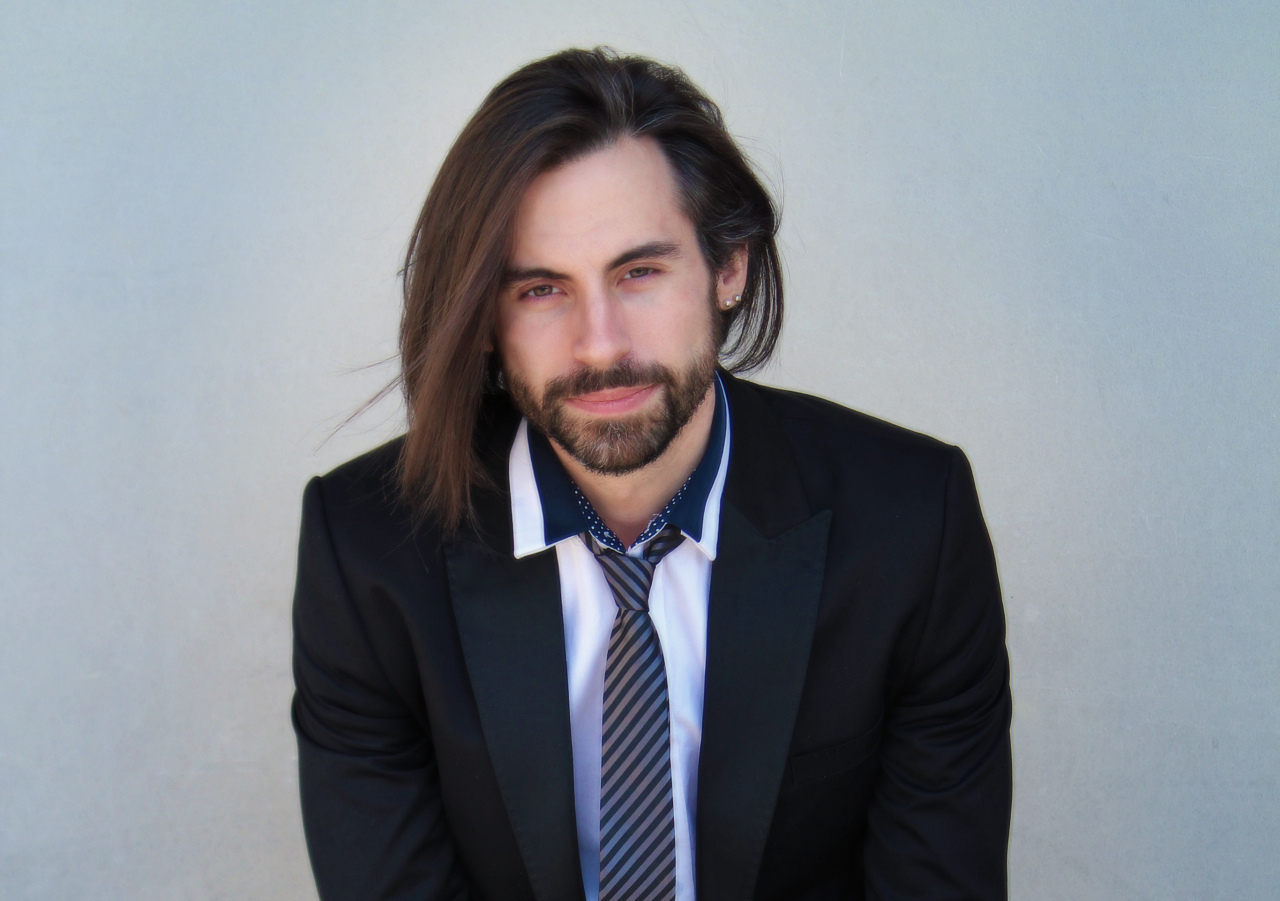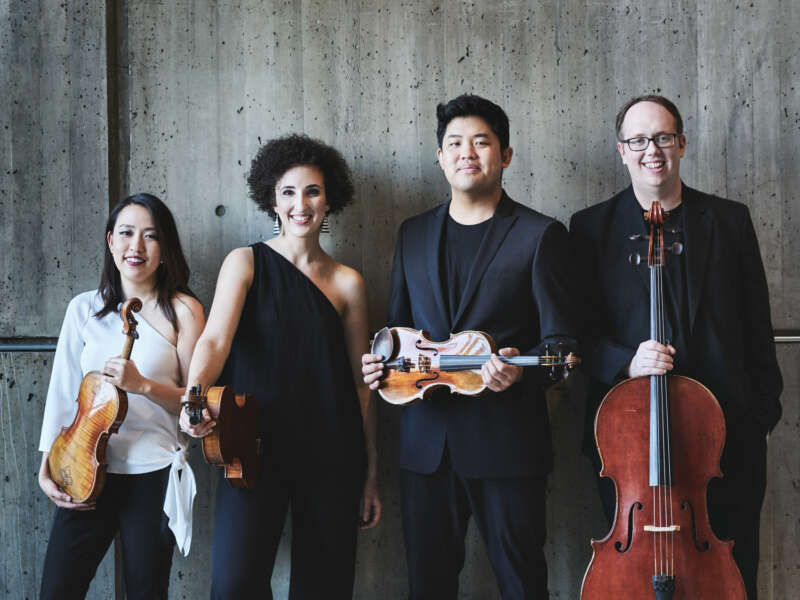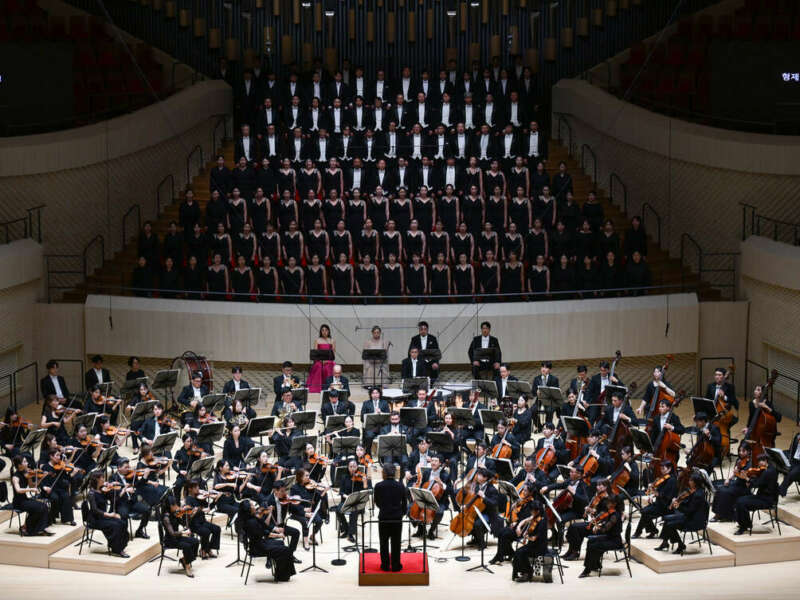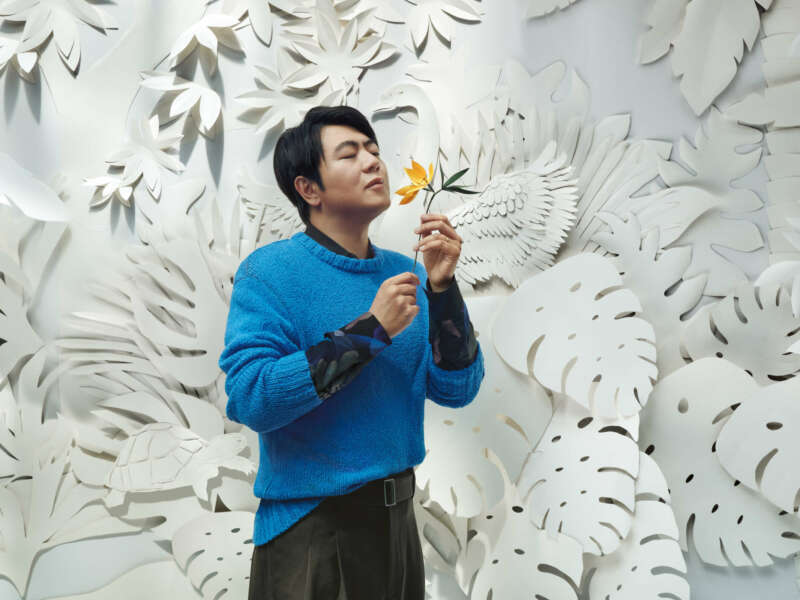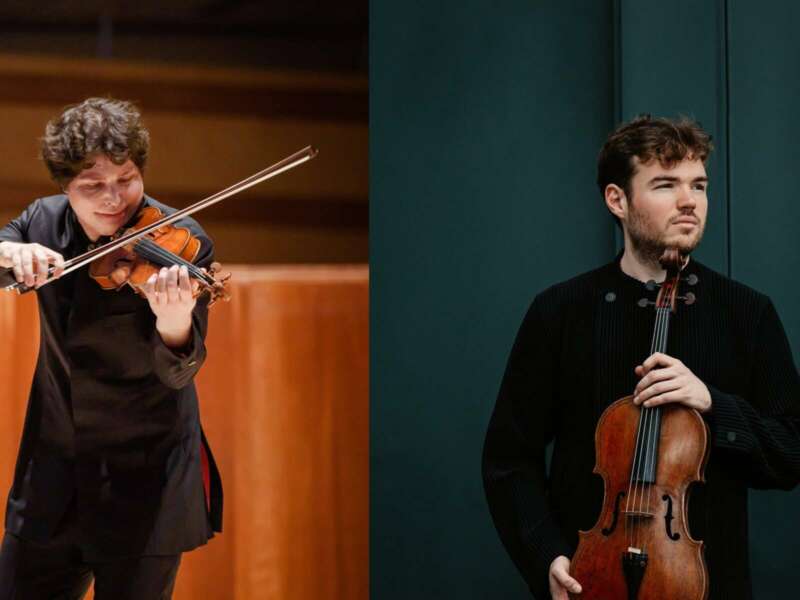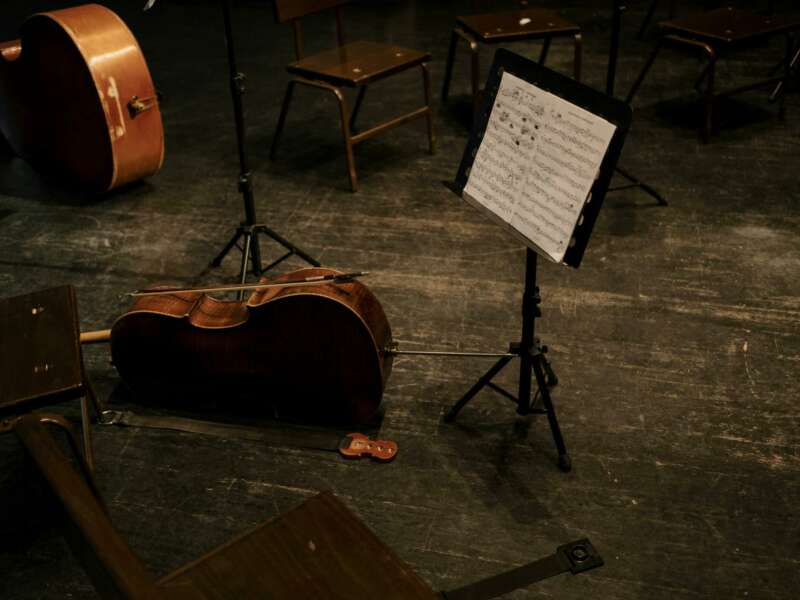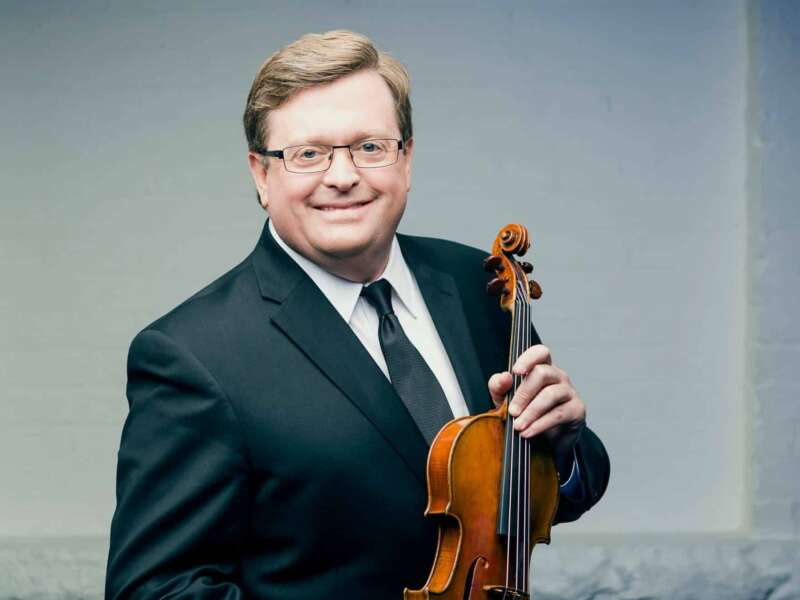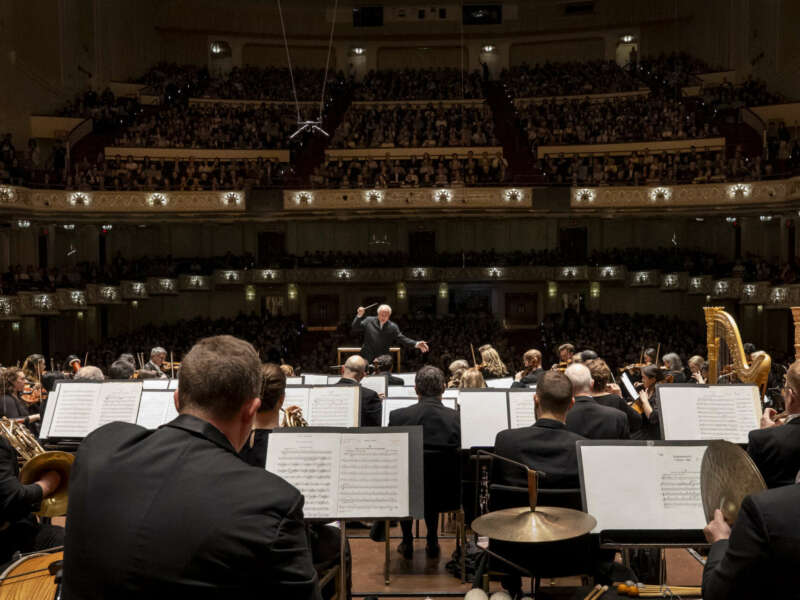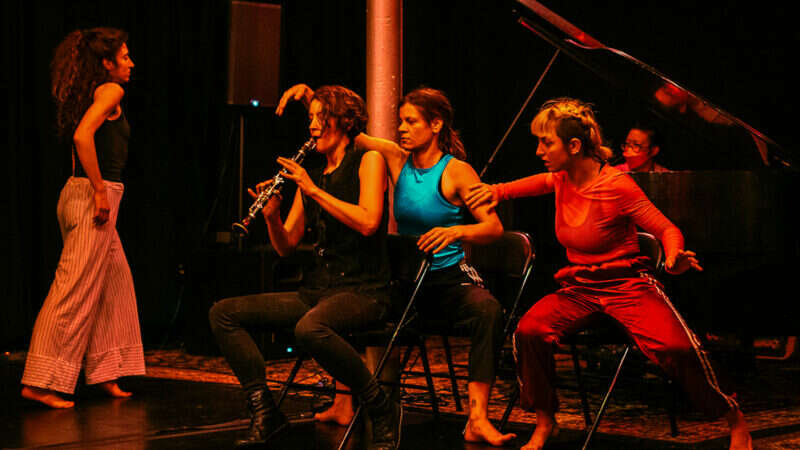Composer Jean-Patrick Besingrand on his Commissioned Piece for the Lyon International Chamber Music Competition
The 2025 edition of the competition will feature voice and piano duets, and will be streamed live on The Violin Channel between April 23 - 26
The Violin Channel recently caught up with French composer Jean-Patrick Besingrand to gain insight into his composition for the competitors at the 2025 Lyon International Chamber Music Competition. 17 voice-piano duos will compete from April 23 - 26, which will be streamed live on The Violin Channel.
Tell us about “Chants du Déversoir,” which you composed for the upcoming Lyon International Chamber Music Competition.
Chants du Déversoir is a song cycle consisting of five short melodies and two "micro" interludes for voice and piano, based on poems by Arthur Teboul.
Tell us more about the poems by Arthur Teboul? What caught your attention about them?
I was drawn to the diversity of themes in the poems from the collection Le Déversoir. Each poem has its own strong “personality.” It made my work as a composer quite easy, as it translated into contrasting melodies with different characters. The difficulty for me was selecting only seven poems to set to music! There are many others I would love to set to music one day.
The poems were written with an "automated writing" technique created by surrealist poets, which tries to capture inspiration on the spot. This intuitive process became an important element in the writing of the piece.
Can you tell us more about the composition process for this piece?
The composition process for this piece was a bit different from what I usually do. I typically spend a lot of time researching the existing repertoire and conceiving the formal structure, direction and every aspect of the piece. The planning of a piece is usually the longest part. For this piece, I tried to combine my typical planning with the same process Arthur Teboul used to capture the present moment and write in one shot. I planned the overall structure (the macrostructure linking all the melodies and interludes together), while the individual melodies followed the intuitive process of “automated writing.”
Are there specific musical aspects you like to keep in mind when writing for a competition?
One of the aspects of writing a piece that I enjoy is writing for the musicians and collaborating with them throughout the process. Writing for a competition is a very different exercise. At first, it feels a bit more isolated and impersonal because I do not know who will perform the piece. At the same time, it posed a new challenge for me as I strived to make this piece more accessible.
Writing for a competition has allowed me to reach performers who are not necessarily specialized in new or experimental music. It was a great opportunity for me to reflect on my aesthetic and my practice as a composer, and how I can convey my aesthetic in an accessible way and not necessarily for musicians who specialize in new music. For example, I had to be mindful of the use of some techniques and to find ways to explore timbre and colors without relying on techniques that would require a collaboration with the performers beforehand.
What are you hoping the candidates will convey to the audience when performing the piece?
My aim was to create a very diverse set of characters that would allow the candidates to explore a wide range of emotions that they can share with the audience. I hope that through this piece, the candidates will be able to convey their own personalities. I am looking forward to hearing each candidate's personal interpretation and how they make the piece their own.
Who are your main compositional inspirations?
This is not an easy question. I have a profound admiration for the French composers of the late 19th century, such as Fauré, Debussy, and Ravel, for their use of color and timbre. This naturally led me to a deep appreciation of the music of composers like Kaija Saariaho and Helmut Lachenmann for their expansion of instrumental colors. Recently, I have been listening to and studying the music of Akira Nishimura and Joji Yuasa quite extensively.
What advice would you give to a young composer who is trying to launch a career?
I believe that the most important thing for a composer, whether younger or older, is to travel, meet people, and collaborate with musicians. I do not believe in the romanticized view of the solitary composer in their ivory tower, disconnected from society. Quite the opposite — it is important to work with young musicians, develop sincere exchanges, and build friendships that will help everyone grow together. Never stay isolated, waiting for opportunities. Gather, collaborate, organize, and create your own opportunities and events.
Originally from Bordeaux, Jean-Patrick Besingrand (b. 1985) is a French composer and musicologist based in Washington D.C. and New York.
As a composer, he received several awards and recognition in France and abroad such as the International Composition Competition organized by SaxOpen and Musica, New Music Generation, Sun-River Prize, International Composition Competition Città di Udine, and Robert Starer Composition Award, among others.
His music has been performed by ensembles such as the Orchestre National Bordeaux-Aquitaine, Court-Circuit, Dal Niente, Linéa, Les Percussions de Strasbourg, Klangforum Wien, Mivos Quartet, JACK Quartet, Molinari Quartet, Platypus, Barcelona Modern Ensemble, NOISE Ensemble, among others.
Jean-Patrick holds degrees from The Graduate Center, CUNY, University of Bordeaux, Bordeaux Conservatory, and Carnegie Mellon University. Jean-Patrick serves as Co-Artistic Director of Composers’ Collective Tesselat. His scores are published by Artchipel and Babelscores.
june 2025
july 2025


